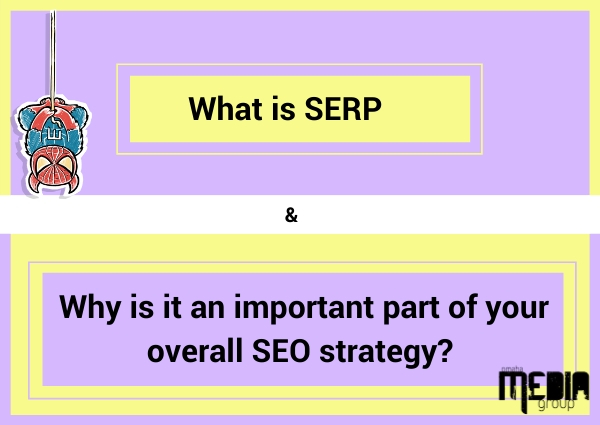 https://www.omahamediagroup.com/images/uploads/monster_gallery/Omaha-Media-Group-Black.jpg
admin
https://www.omahamediagroup.com/images/uploads/monster_gallery/Omaha-Media-Group-Black.jpg
admin
3 Ways to Optimize Your Blog for Search Engines

Having a blog on a website is an attempt to engage the audience meaningfully. A regularly updated blog with interesting posts can funnel in a lot of traffic and keep them glued. The goals of having updated blogs vary from website to website and blogger to blogger but the ultimate aim everybody has is trying to make their blog more popular.
One way to do it is by following some golden SEO rules so that it is more popular with search engines and gets higher ranking on the SERP; that would mean greater visibility. It would also improve organic search volumes for the blog. If the posts are relevant to the audience, they would also sign-up for a newsletter/ RSS feed to get the latest information regarding the blog and new posts. It gives them a reason to come back to your website and convert again and again. Fun fact: blogs give websites 434% more pages indexed by Google. And companis with more indexed pages get far more leads.
Well researched, structured and articulated content is the king when it comes to blogs but basic SEO practices can give it a boost and push it up on an SERP. Here are some tips that you can apply to your blog as well:
1. Keyword research:
If you spend some time on keyword research before starting to write a topic, you will understand what are the popular terms and key phrases which are usually searched for on search engines. There are many popular keyword research tools available nowadays. Google Keyword Planner and the free keyword tool offered by WordStream are very popular tools these days. You can also use Google Trends or Quora to understand the important topics that people are discussing and get an idea about the key question phrases.
While the above mentioned tools can give you a ballpark idea about what is current and topical through different stats, there are some that can give you lists of matching keyword suggestions if you enter a keyword. Freshkey can also sort keywords based on popularity and relevance to a topic. A blog post which has managed to incorporate popular keywords will surely rank high. But the question is- are all keywords relevant to your target readers? You will have to decide that for yourself. Also whether you should write an article and then incorporate keywords or include keywords while writing the article is something which you will have to decide depending on the topic.
2. Try to include the focus keyword in the permalink title and the opening sentence:
You should try to include the focus keyword in the page URL or the permalink. WordPress also suggests that you should include the focus keyword in the first sentence preferably. If not, it should be there in the opening paragraph for sure. These improve SEO ranking quite a bit. Including the keyword in alt tags, image captions, meta- descriptions, article titles is always a good idea. Also try to get a reasonably good keyword density to improve the SEO. But, there should be no attempt to stuff your article with keywords. Google has started to penalize bloggers for this practice lately.
3. Install and use WordPress plug-ins:
A good SEO plug-in can optimize the blog post better if you manage to incorporate the right keywords. Yoast SEO plug-in is a must for all blogs. In an article, Rob Neu vouches for this particular plug-in and says
“Let’s be real. #WordPress without @Yoast is like pie without ice cream! The trick is in learning to leverage these tools to your advantage by choosing the right keywords and then using the plug-in."
Do you need help optimizing your blog for SEO? Contact us today and we'll be happy to help! {contact-form}
Hire the team to help you with your website, app, or other marketing needs.
We have a team of digital marketers who can help plan and bring to life all your digital marketing strategies. They can help with social media marketing, email marketing, and digital advertising!
CONTACT US




Comments